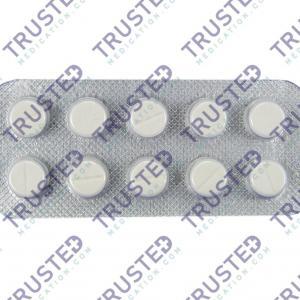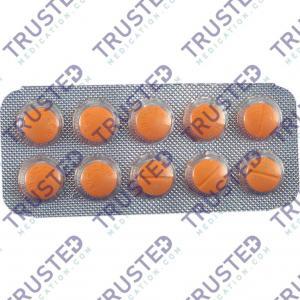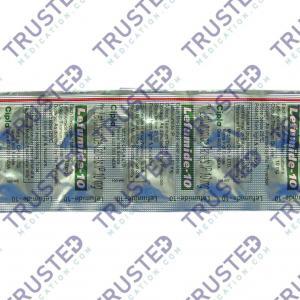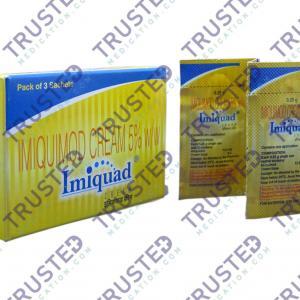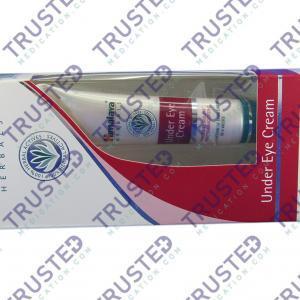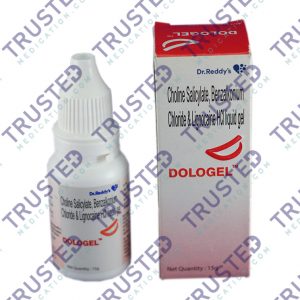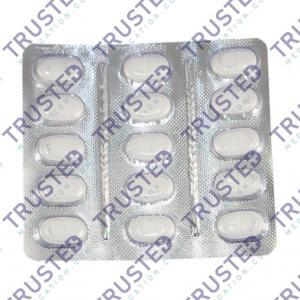
Neonatal lupus is an uncommon autoimmune condition that affects infants at birth. It is not the newborn form of systemic lupus erythematosus (SLE). Rather, the condition was named after the lupus-like skin rash. The affected infant or child does not have SLE, and generally, neither does the mother.
While the actual frequency of neonatal lupus is unknown, researchers believe the disorder is rare. It affects approximately 1 in every 20,000 infants.
Certain antibodies in neonatal lupus attack cells in the body, causing a variety of symptoms and complications. The most serious potential problem is a cardiac ailment called congenital heart block. Congenital heart block does not resolve within the first few months of life, and newborns may eventually need a pacemaker.
What causes neonatal lupus?
Certain antibodies—anti-Ro/SSA, anti-La/SSB, or both—are transferred through the placenta to the newborn in cases of neonatal lupus. These antibodies attack the body’s healthy cells, tissues, and organs. Thus, causing inflammation, renal and heart disease.
What are the symptoms of neonatal lupus?
The most common symptom is a red, scaly rash on the face, scalp, chest, and upper back. The rash takes a few weeks to appear and typically clears within a few months. This rash commonly shows up within 6 weeks after birth.
The most serious complication is a heart block, a congenital heart condition. Symptoms may include:
· Difficulty feeding
· Cyanosis
· Fatigue
Congenital heart block can range from first- to third-degree block, with the third-degree block being the most severe and potentially life-threatening.
Some infants may also have other symptoms like abnormal blood counts and liver issues. However, these typically resolve within about 6 months.
In rare cases, some may have a larger-than-normal head, called microcephaly. This can sometimes be associated with an excess of spinal fluid in the brain cavity, leading to pressure on brain tissue.
Is it curable or life-threatening?
The prognosis for newborn lupus is determined by the severity of the cardiac obstruction. Infants with only the rash usually recover without treatment.
However, congenital heart block can be a severe complication. It may require lifelong monitoring and treatment. Rarely, the disease might result in heart failure or cardiac arrest.
It cannot be prevented. However, neonatal lupus is rare, and the prognosis is often favorable. With prompt diagnosis and appropriate management, most babies with this condition can lead healthy lives.
How is neonatal lupus treated?
Treatment for neonatal lupus varies according to the severity of the symptoms. Most rashes resolve on their own. If necessary, doctors may prescribe topical steroids. It is critical to protect the newborn from the sun using clothing or sunscreen.
Doctors will do tests to check for blood or liver problems and treat them accordingly. Severe heart blockage may need a pacemaker, but lesser cases require regular monitoring.
Some research suggests that hydroxychloroquine helps prevent neonatal lupus in later life.

